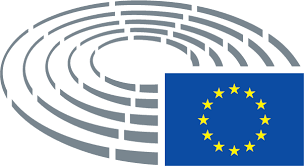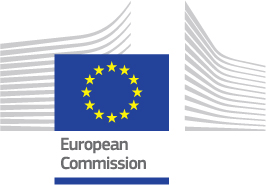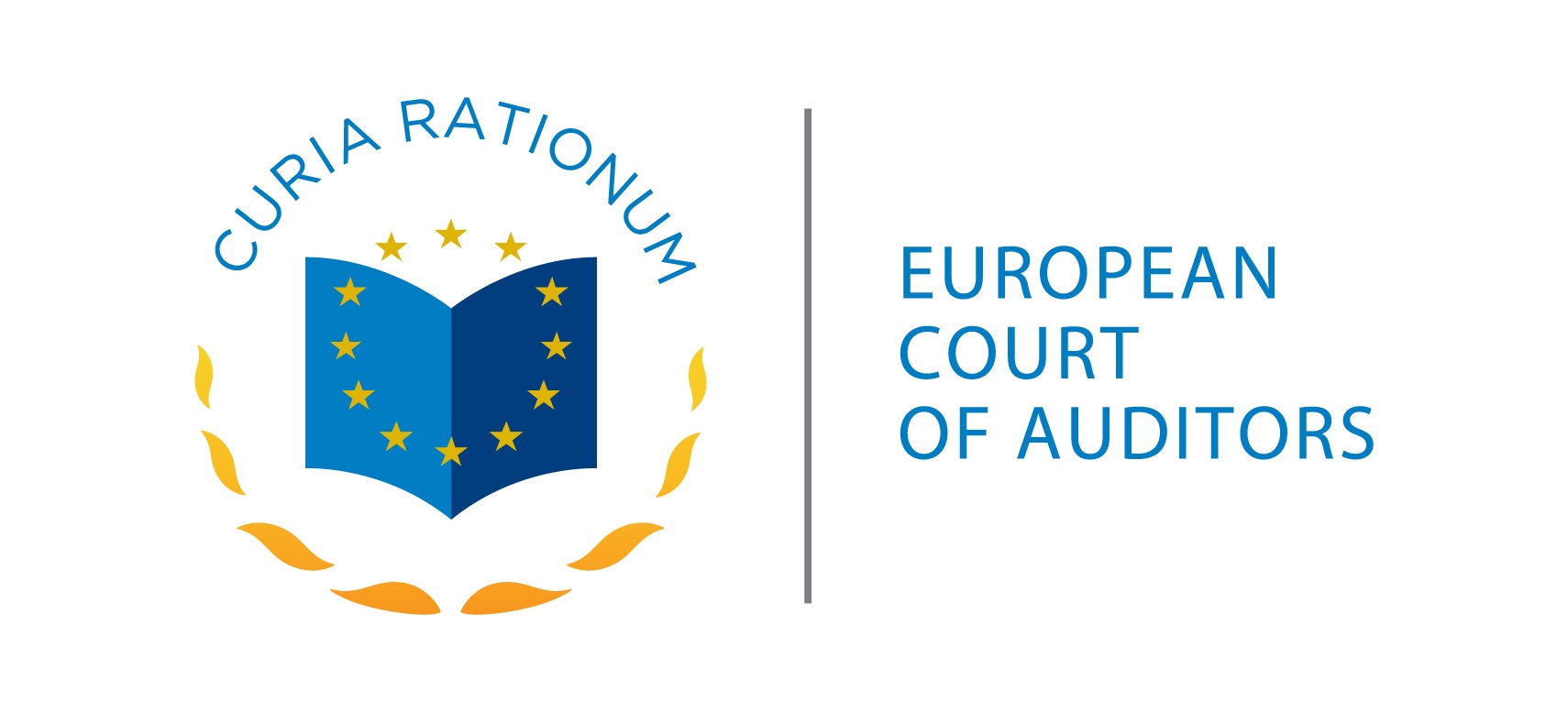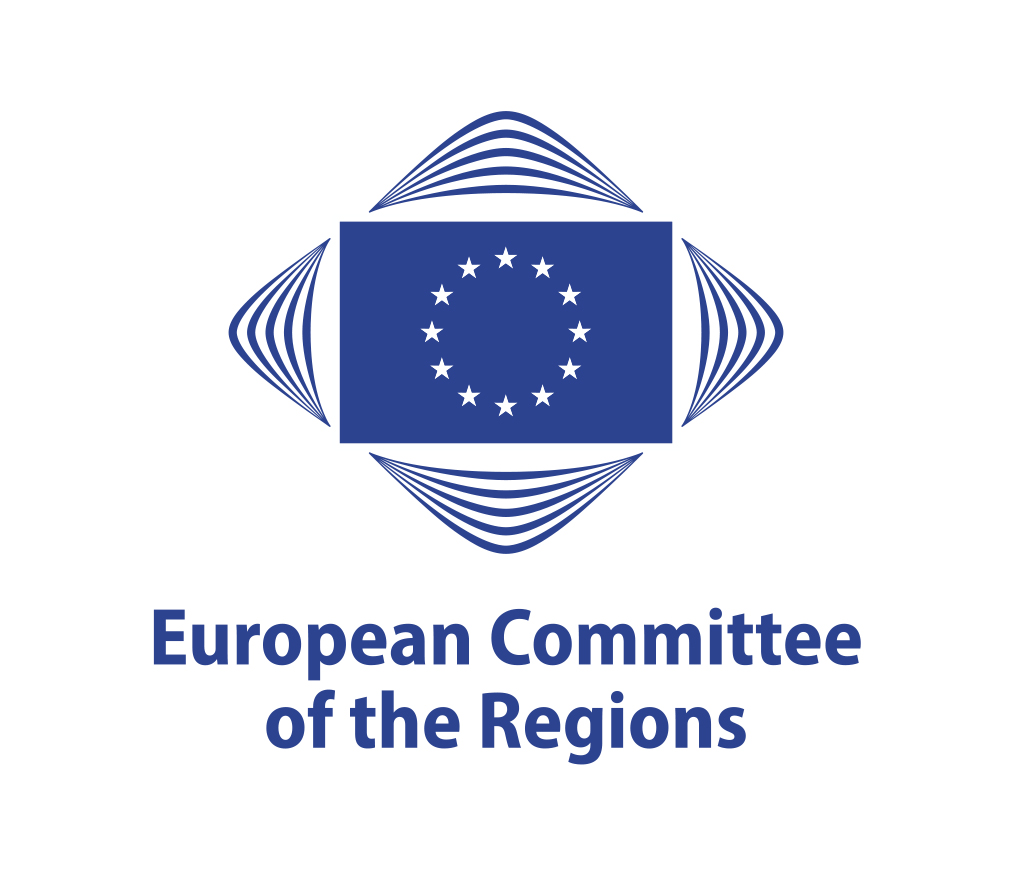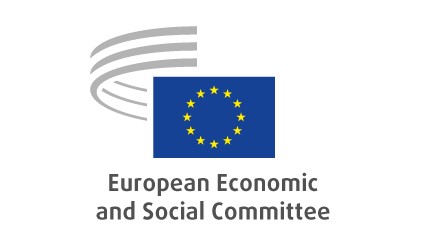EU Institutions and Bodies that EPSO works for
The European Parliament is a dynamic, inclusive, multilingual organisation that offers a wide variety of career and development opportunities. Parliament's staff empower directly elected MEPs for a vibrant European democracy, supporting them in their work to build a more peaceful, safe, just and prosperous Europe. Parliament offers career opportunities across a very wide range of departments, whether linked to Parliament's core legislative work or in areas that ensure the smooth running of the institution. Every member of staff plays an important role, directly or indirectly, in Parliament’s work for the benefit of EU citizens, contributing to the promotion and defence of democracy, freedom of speech, and human rights in the EU and beyond. Visit the new European Parliament 'work with us' web page to find further job opportunities published by the institution.
Working for the General Secretariat of the Council provides you with a unique opportunity to support and assist two major EU institutions, the European Council and the Council of the EU.
The European Council, whose members are heads of states and governments of all EU member states, defines the EU's overall political direction and priorities that are key for the EU’s future. It sets the EU’s strategic and political agenda at the highest political level. The Council of the EU negotiates and adopts EU laws, coordinates member states’ policies, develops common foreign and security policy, and concludes international agreements. The ministers and state secretaries of all EU member states meet in 10 different configurations, depending on the subject being discussed.
The European Commission’s (EC) role is to promote the general interest of the EU by proposing and enforcing legislation: it is the EU's politically independent executive arm. Political leadership is provided by a team of Commissioners (one from each EU country) – led by the Commission President, who decides who is responsible for which policy area. Once the legislative text proposal is out, it goes for adoption by the Council (representing the member states) and the Parliament (representing the European citizens). It administers the EU budget and the policy programmes (i.e. agriculture, fisheries, research etc.) in cooperation with authorities in the member countries.
The Court of Justice of the European Union (CoJ) is the judicial body of the EU. Its role is to ensure that EU laws are respected by the EU’s institutions and Member States and applied in the same way throughout the whole of the EU. This ensures that the EU is based on the rule of law, a fundamental element of all democratic entities.
The European Court of Auditors (ECA) is the European Union’s external auditor, it was established by the Treaty of Brussels of 22 July 1975 and started work in October 1977. The ECA is one of the EU’s seven institutions: it is based in Luxembourg and employs around 900 audit, support and administrative staff of all EU nationalities.
The European Committee of the Regions (CoR) is the voice of regions and cities in the European Union. It is a political assembly bringing together over 300 local and regional politicians. Through their opinions and discussions with representatives of the European Commission, the European Parliament and the Council, CoR members contribute to shaping the Union's decisions.
The European Economic and Social Committee (EESC) is a unique forum for consultation, dialogue and consensus between representatives from all the different sectors of organised civil society, including employers, trade unions and groupings such as professional and community associations, youth organisations, women's groups, farmers, consumers, SMEs, environmental campaigners and many more. Its mission is to give a voice to organised civil society.
The European Data Protection Supervisor (EDPS) is the EU’s independent data protection authority, tasked with ensuring that the institutions and bodies of the EU respect data protection law. They are also impartial advisor on policies and proposed laws, which might affect the rights to privacy and data protection.
The European External Action Service (EEAS) is the European Union's diplomatic service. It helps the EU's foreign affairs chief – the High Representative for Foreign Affairs and Security Policy – carry out the Union's Common Foreign and Security Policy. Based in Brussels, but relying on an extensive network of EU diplomatic presence worldwide, the EEAS brings together European civil servants, diplomats from the foreign services of the EU member states and local staff in countries around the world.
The European Ombudsman (EO) is a small, dynamic office that helps members of the public as they engage with the EU institutions, bodies and agencies. The Ombudsman investigates complaints about issues that range from lack of transparency in decision-making or refusal of access to documents to violations of fundamental rights to contractual matters. The Ombudsman also conducts own-initiative inquiries into systemic issues, and encourages good administrative practices. With a team of around 80 the Ombudsman's mission is to create a more effective, accountable, transparent and ethical EU administration.

